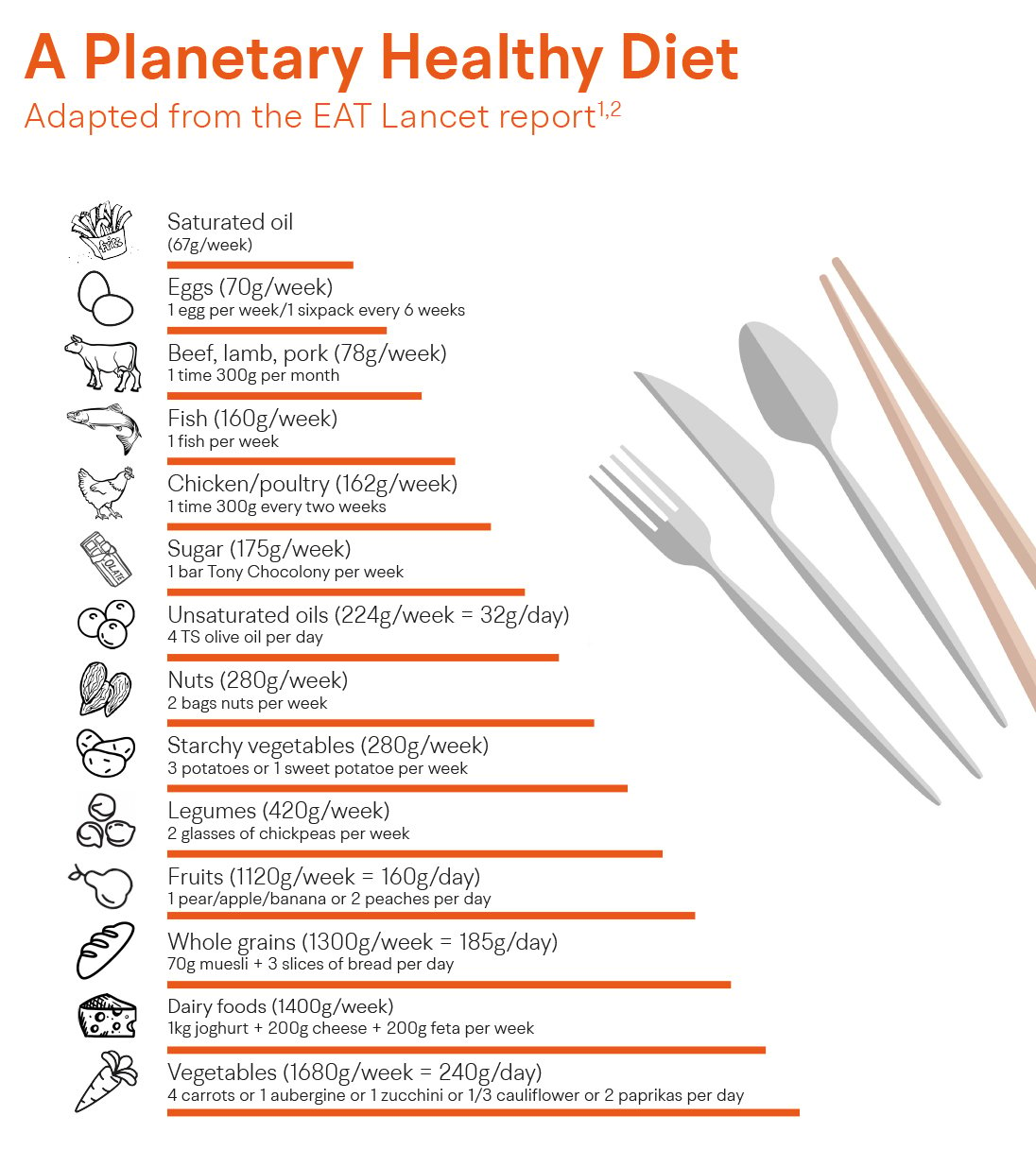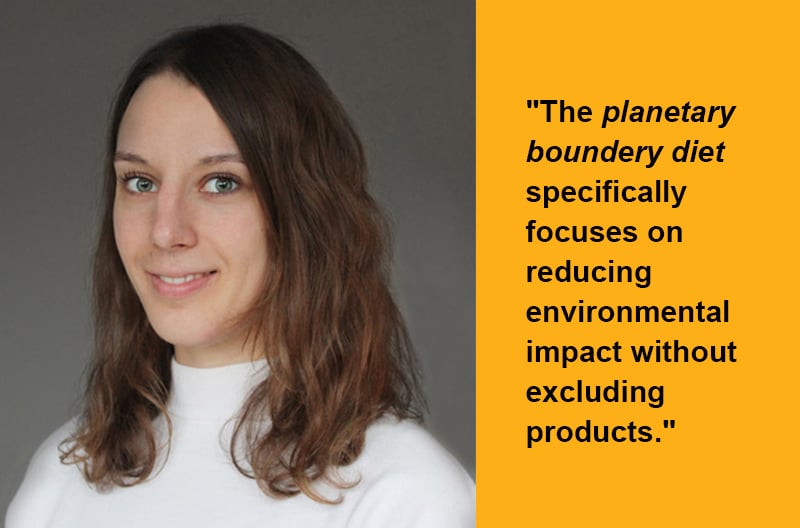Today we spoke to one of our sustainability specialists, Carla. Earlier this year she gave a presentation to us Milgro colleagues on planetary bounderies and this gave our colleagues a lot of insight about the environmental impact we make as individuals, but also the impact we make with our services. In her role as project lead, she is helping to fill out the new impact department and ensuring the continued development of new sustainability reports, among other things. In short, who better than to ask Carla how she experiences the week without waste.
So the first question was easy for her:
What were the biggest challenges you faced during this week without waste?
She did not have any challenges for this week specifically. Living waste-free as much as possible has already become a daily habit, however, there are always challenges while doing the daily shopping. How do you avoid the packaging around foods? You can bring reusable containers from home to the supermarket, however, sometimes there are already plastic containers around vegetables that you can't avoid. Or you simply can't buy a product packaging-free. In addition, grocery shopping is also a matter of proper planning so that fresh produce does not spoil or food is left over and wasted.
What do you do to reduce waste and what is most effective?
At home, Carla uses a worm box for her organic waste. This provides nutrient-rich food for plants and this also ensures CO2-neutral processing of organic waste, which is not always well done in NL for household organic waste. In addition, she gave a very good tip! Dare to say no to gifts. It happens more often than you think that you get a gift with your groceries or at other stores. These often create waste, because often you are not waiting for the contents of such a gift, but feel burdened to say no. Do this! And, ask at a restaurant for a tray, to put your leftovers in to avoid food waste. Moreover, this often makes another delicious lunch!
What else do you think we need to do to achieve a waste-free world?
Waste-free living, or environmentally conscious living should become the norm and not the exception. This goes beyond just waste-free, it's about making those choices that provide balance. What she means by that is to be aware of the environmental impact you are making in the choices of certain foods. For example, she consciously chooses a planetary boundery diet, recommended by a study published in the Lancet. Unlike a vegan or vegetarian diet, the planetary boundery diet focuses specifically on less environmental impact, without excluding meat or animal products. So a perfect diet to reduce environmental impact! To help with this, Carla designed disk of five based on the Lancet report. Besides the environmental benefits, this diet is also good for your health because it is very varied and well-balanced.

Do you have tips or ideas for preventing waste streams?
We would love to hear what you are doing to reduce food waste or avoid packaging waste, for example. We will include your suggestions in our next blogs, where we discuss solutions for various waste streams.Let get in touch
Where are your habits that cause waste? Do you dare to break this one? Sign up #zerowastechallenge










